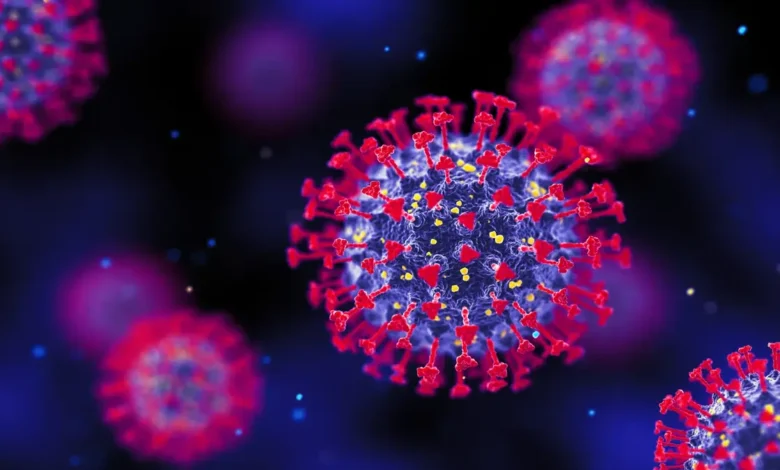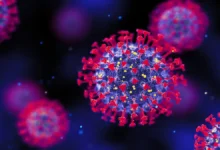How Dangerous Is the New COVID Variant?

Understanding the Emerging COVID-19 Variants
How Dangerous Is the New COVID Variant? As the COVID-19 pandemic continues to evolve, new variants of the virus have emerged, raising concerns about their potential impact on public health. Among these, the NB.1.8.1 and JN.1 variants have garnered attention due to their increased transmissibility and potential to evade immune responses.
NB.1.8.1: A Closer Look
The NB.1.8.1 variant, a sublineage of Omicron, has been detected in various countries, including Australia, India, and parts of Europe. Health authorities have noted its rapid spread and have classified it as a “variant under monitoring” due to its potential to bind more easily to human cells, making it more transmissible.
Despite its increased transmissibility, there is currently no evidence to suggest that NB.1.8.1 causes more severe illness compared to previous variants. However, its ability to partially evade immunity to earlier infections or vaccinations has led to a rise in cases and hospitalizations in some regions.
JN.1: Emerging Concerns
The JN.1 variant, another Omicron subvariant, has also been identified in multiple countries. Initial reports indicate that while it spreads more easily, it does not appear to cause more severe disease. Common symptoms associated with JN.1 include sore throat, fever, dry cough, and fatigue.
Notably, some individuals infected with JN.1 have reported gastrointestinal symptoms, such as nausea and vomiting, and even psychological symptoms like anxiety and trouble sleeping.

Implications for Public Health
The emergence of these new variants underscores the importance of continued vigilance in public health measures. While current vaccines remain effective in preventing severe illness, the partial immune evasion observed in these variants highlights the need for booster vaccinations and adherence to preventive practices.
Vaccination and Boosters
Health authorities recommend staying up to date with COVID-19 vaccinations, including booster doses, to maintain immunity against emerging variants of the virus. This is particularly important for vulnerable populations, such as the elderly and those with underlying health conditions.
Preventive Measures
In addition to vaccination, individuals are encouraged to continue practicing preventive measures:
- Wearing masks in crowded or indoor settings
- Maintaining physical distancing
- Regular hand hygiene
- Undergoing testing if symptomatic or after exposure
These measures help reduce the spread of the virus and protect both individuals and communities.
Conclusion
While the new COVID-19 variants NB.1.8.1 and JN.1 present challenges due to their increased transmissibility and potential for immune evasion, current evidence suggests they do not cause more severe illness than previous strains. Continued adherence to vaccination schedules and public health guidelines remains crucial in managing the impact of these variants.

